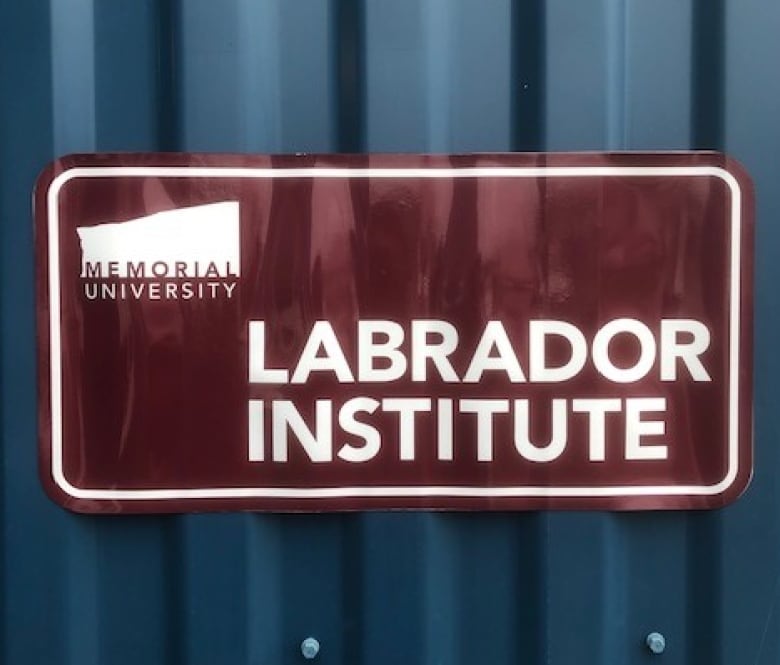Chance to learn at home will be 'transformative,' says Labrador Institute director
Memorial University senate votes to make institute an academic unit

The Labrador Institute is a step closer to becoming a university campus, following a unanimous vote by the Memorial University Senate to make it an academic unit.
For those who have worked toward that goal, it's a chance to give people in the north the opportunity to learn at home.
"It's such a historic moment for us," said Ashlee Cunsolo, director of the Labrador Institute.
"It means so much for moving forward with programs, with research infrastructure, with renewed resources in Labrador."
The designation required a two-vote process.
First, that the Labrador Institute would transition from an administrative unit to an academic unit; it can develop a constitution, and then academic programing at an undergraduate and graduate level.
A second vote endorsed a strategic plan to move toward a full campus.
"That's renewed infrastructure, that's growth in resources related to research, and particularly with educational programs that people can obtain," said Cunsolo.
Members of Nunatsiavut, NunatuKavut, the Innu Nation, as well as stakeholders with MUN and the Labrador Institute, had worked for a year to figure out what needed to be done to turn the institute into a campus.
Cunsolo said the focus was on figuring out what resources Labrador needed, how they can meet their obligations, and what Memorial University's roles and responsibilities would be.
"And with that process our group had a unanimous consensus that the Labrador Institute needed to become an academic unit and move toward campus status."
Learning at home
It's the latest in a call across Canada's North, Cunsolo said, to ensure northern sovereignty on research and education.
"Institutions like Yukon College leading into Yukon University, we have Nunavut Arctic College that has this new and exciting partnership with Memorial University, while they transition into being able to offer university degrees," Cunsolo said.
"We know that there's the calls from the Truth and Reconciliation Commission for universities to really look at what they can do to support people in their homes and their homelands by providing education that's Indigenous led, and that's northern focused."
This change would give students the opportunity to earn undergraduate and advanced degrees without having to leave the north, Cunsolo said.

"We know from what's happened in other places in the north, having a hub of education and research where people can obtain their degrees and stay home with their families in their homelands has been transformative," she said.
Now, the focus is on integrating programming drawn directly from northern priorities and Indigenous cultures, Cunsolo added.
"We need to create an undergraduate program in particular that looks different from other programs, different than something that would be in the St. John's campus or at other universities in the south," she said.
The course programs are not yet nailed down, she added.
"We're still a ways out," Cunsolo said.
Infrastructure needs to be worked out
"Over these next couple years we're going to be having regular updates and lots of opportunities to work with people to sort of define what this university presence would look like in Labrador."
In addition to figuring out program offerings, Cunsolo said there is a need to figure out infrastructure.
"If we are going to grow and have these expanded programs, then that needs to come with an expanded infrastructure, including opportunities for residences, and just an expanded building to offer unique programs."